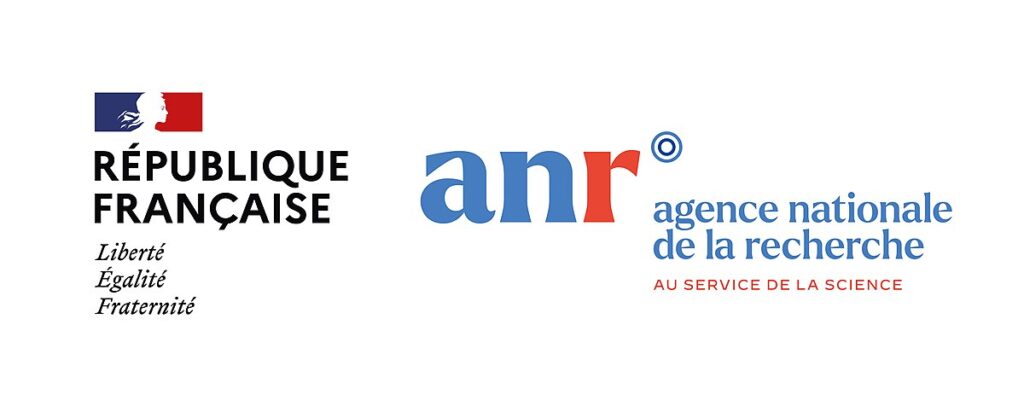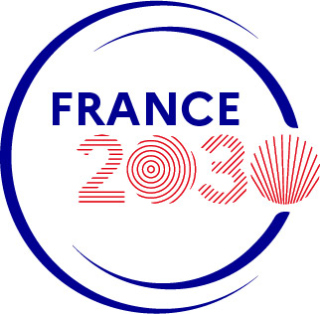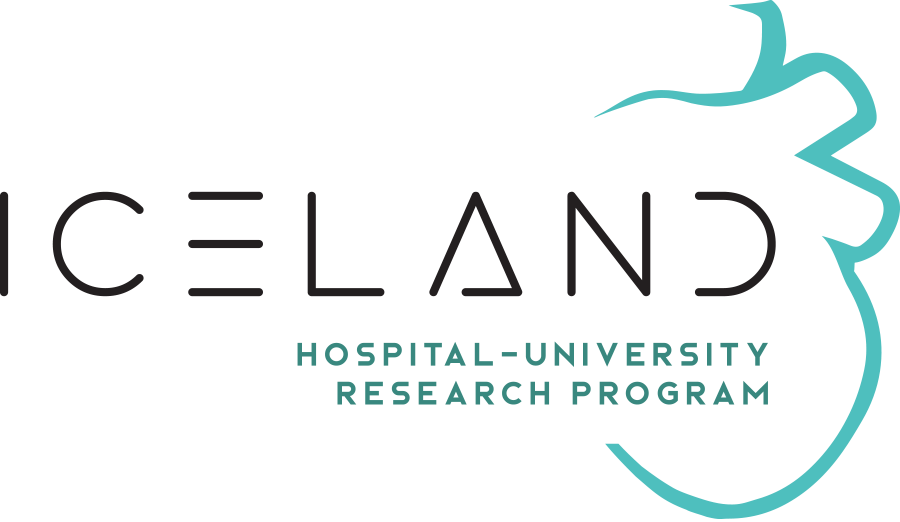The “University Hospital Research” (RHU) grant program operated by the French National Agency for Research (ANR) in the framework of France 2030, funds innovative and high-potential translational R&D projects that associate academic, hospital and industrial players.
ICELAND stands for “Intra Cardiac Echography integration in Landing an Annuloplasty Device” for transcatheter Mitral Valve Repair.
Transcatheter Mitral Regurgitation (MR): an unmet clinical need with a dual challenge
Mitral regurgitation is the second most frequent native valve disease and its prevalence increases with age. This explains why patients who have MR are often elderly with comorbidities, which makes their management more difficult.
There are established treatments guidelines for indications requiring mitral valve surgeries, where the annuloplasty represents the first-intention treatment. However, open-heart procedures represent a threat for these high-risk patients, and only 2,5% of MR patients are eligible to open heart surgery.
The first challenge is to propose a better clinical option to the numerous patients non-eligible to open heart surgery. Like the TAVI (Transcatheter Aortic Valve Implantation), the best option would be to propose a percutaneous (transcatheter) annuloplasty, allowing a short-duration and beating-heart procedure.
The second challenge of such mitral valve repair is to ensure repeatable and precise procedures, something that manual delivery systems and per-operative imaging cannot guarantee. The recent progress in robotics can provide clinicians with image-assisted tools that will represent tomorrow’s surgery.
Objectives
The objective of the ICELAND project is to tackle the above challenges, and to develop an image-based robotics solution to transcatheter transfemoral mitral valve annuloplasty, the guiding being done by multimodal imaging that includes an Intra Cardiac Echograph.
This solution will benefit from the capabilities of AI in the field of robotics, and in developing a new generation of planning tools.
The solution will allow treating high surgical risk patients who cannot benefit from standard surgery, include a maximal number of patients since the procedure takes place on a beating heart, reduce the interventional risk (lighter anaesthesia, less invasive) and improve the reliability of the procedure. From the health care system perspective, the solution allows very early intervention, thus reducing the overall costs for Health System and achieving shorter hospitalization duration with a benefit on the physical and psychological rehabilitation of the patients after the procedure.


Expected Medico Economic Impact
- Maximize patient’s eligibility for mitral annuloplasty, thus reducing mortality rate
- Lower per-operative costs
- Lower post-operative costs
- Improve patient’s quality of life
- Allow any clinician to easily perform high-quality procedures
Scientific and technical responsible: Prof. Marco Vola, head of adult cardiovascular surgery department at Louis Pradel Cardiological Hospital (HCL)Consortium: Hospices Civils de Lyon, DigiSurge, Université Claude Bernard Lyon 1, INSA Lyon, Centre National de la Recherche Scientifique, École Centrale Lyon, Sorbonne Université, CHU St-Étienne
Budget: 17M€, including 5.5M€ grant from the ANR
